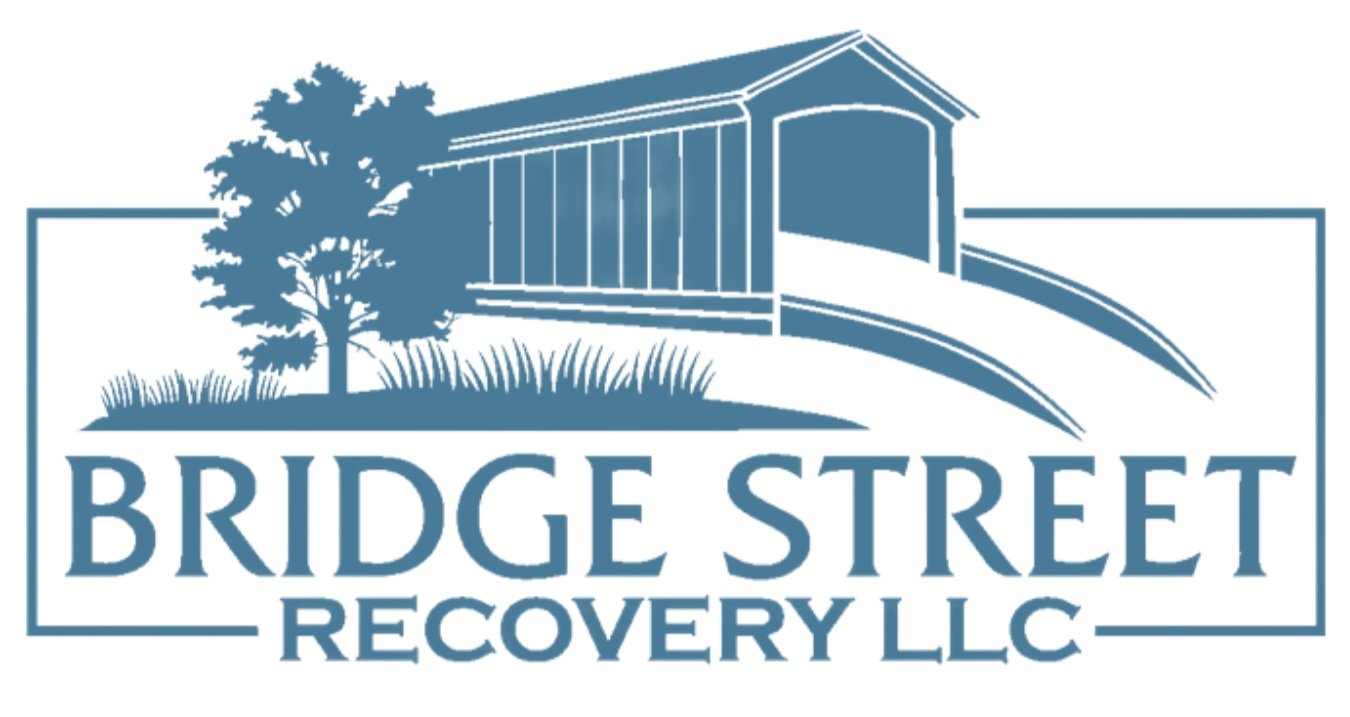
Substance Use Disorder, Alcoholism, and Addiction.
What is Addiction?
Substance Use Disorder and Addiction is a complex, treatable, chronic medical disease. The disease involves and consists of variations in brain circuits, familial genetics, environmental factors, and an individual’s lifestyle experiences. In the Professional Treatment and Scientific industries, Alcoholism and Addiction are commonly referred to as Substance Use Disorder and Alchohol Use Disorder. People with addiction and use substance disorder partake in behaviors that become compulsive and then they continue those behaviors despite harmful consequences.
It is important to remember that Addiction does not occur because of moral weakness, a lack of willpower, or an unwillingness to stop. As a result of detailed statistics and scientific research, scientists and medical researchers consider dependence on alcohol or drugs to be a long-term illness; like asthma, hypertension (high blood pressure), or diabetes.
Tragically people have and develop substance use disorder the use of alcohol or drugs becomes is compulsive or dangerous. Addictive drugs provide a shortcut to the brain’s reward system by flooding the nucleus accumbens with dopamine. Additionally, addictive drugs can release 2 to 10 times the amount of dopamine that natural rewards do, and they do it more quickly and reliably.
When addiction hijacks the brain, it literally rewires the nerves and makes a person’s brain believe that substances are essential for survival. Drug and Alcohol use then comes before family, friends, health, and even life itself. The structural and chemical brain changes from chronic drug or alcohol use can persist years after a person stops using or drinking. This is why there is a risk of relapse even after long periods of sobriety. Ongoing recovery principles built on the foundation of powerful evidence-based treatment practiced at Bridge Street will ensure long-lasting recovery.
Millions of Americans abuse or are dependent on alcohol or drugs. Overdoses are the number one cause of accidental deaths in our country. 81,230 overdose deaths occurred in the United States from June 2019 through May 2020. That’s the highest number of overdose deaths ever recorded in a single year. Synthetic opioids like fentanyl are the biggest drivers but the use of stimulants like cocaine and methamphetamines is also on the rise. From 2013 to 2018, the rate of cocaine overdose deaths tripled. During the COVID-19 pandemic, this tragedy has gotten worse. In some communities, overdose-related emergency calls are up as much as 40% and 42 states reported increases in overdose deaths during the pandemic.
The addiction crisis Is deadlier than ever before. It’s not just drug overdoses killing people: In 2018, more than 175,000 deaths in the U.S. were attributed to alcohol and other drugs. These somber statistics expose the fact that substance use disorder is the third largest cause of death in the nation.
Ten years into the opioid epidemic here in New Hampshire fentanyl is still responsible for most fatal overdoses. But there is a scary drug trend on the rise, Crystal Meth. The number of deaths involving methamphetamine has spiked, according to the state’s Office of Chief Medical Examiner. New Hampshire law enforcement officers say street arrests increasingly are turning up meth in addition to synthetic opioids.
The mission of Bridge Street Recovery is to provide innovative and individualized substance use and mental health treatment that enables all clients to achieve and maintain long-term recovery.
The multidisciplinary team of medical and mental health providers at Bridge Street Recovery will develop an individualized treatment plan for each client, with input from the patient and their family.
THE MAIN GOAL OF THE TEAM AT BRIDGE STREET RECOVERY IS TO DELIVER THE HIGHEST QUALITY SUBSTANCE ABUSE AND MENTAL HEALTH TREATMENT IN NEW HAMPSHIRE AND THE NEW ENGLAND AREA.
PLEASE CALL US FOR HELP NOW.
People with alcohol or drug dependence problems can and do recover.

recovery
What is Treatment and How Does Someone Recover?
Who Provides Treatment? At Bridge Street Recovery our recovery specialists, counselors, and therapists are specially trained individuals certified and licensed as substance abuse treatment counselors in New Hampshire.
What Will Happen First? All patients entering treatment at Bridge Street Recovery will receive clinical assessment and evaluation. From that analysis, our team will work in tandem to develop an effective treatment and recovery plan. Clinical assessments will continue throughout a person’s treatment. The Bridge Street Recovery team will begin by gathering information which will include questions about the kinds, amount, and length of time of the substance or alcohol use. Honesty and willingness are paramount to a successful treatment period. Our counselors may invite close family members or guardians to confidentially answer questions and express concerns as well. Stopping alcohol and drug use is the first step of the recovery process.
Why Does Treatment Take So Long? Substance use disorder affects every aspect of a person’s life and in turn, the recovery process and treatment need to affect every part of a person’s life as well. The first step in treatment is to help patients see that they have a problem and to get motivated to change for themselves. Treatment involves more than helping someone stop drinking alcohol or using drugs. People in recovery will relearn how to deal with stress, anger, or social situations and how to have fun without using drugs or drinking; and overall learn new ways to cope with daily life. Many people enter treatment because of pressure from the legal system, employers, parents, spouses, or family members. Treatment programs begin with a clinical assessment of a person’s individual needs
WHAT IF IT DOESN’T WORK? Effective Treatment is a solid foundation to long-lasting sobriety. The recovery begins with the elimination of substances. The longer people stay in treatment, establishing more time away from drugs and alcohol, working with our recovery team; the more likely they will remain drug and alcohol-free for extended periods. Remember: It can take a long time for the disease to develop and it is often chronic; therefore, it can take a long time to treat it.
The mission of Bridge Street Recovery is to provide affordable, innovative and individualized substance use and mental health treatment that enables all clients to achieve and maintain long-term recovery.

